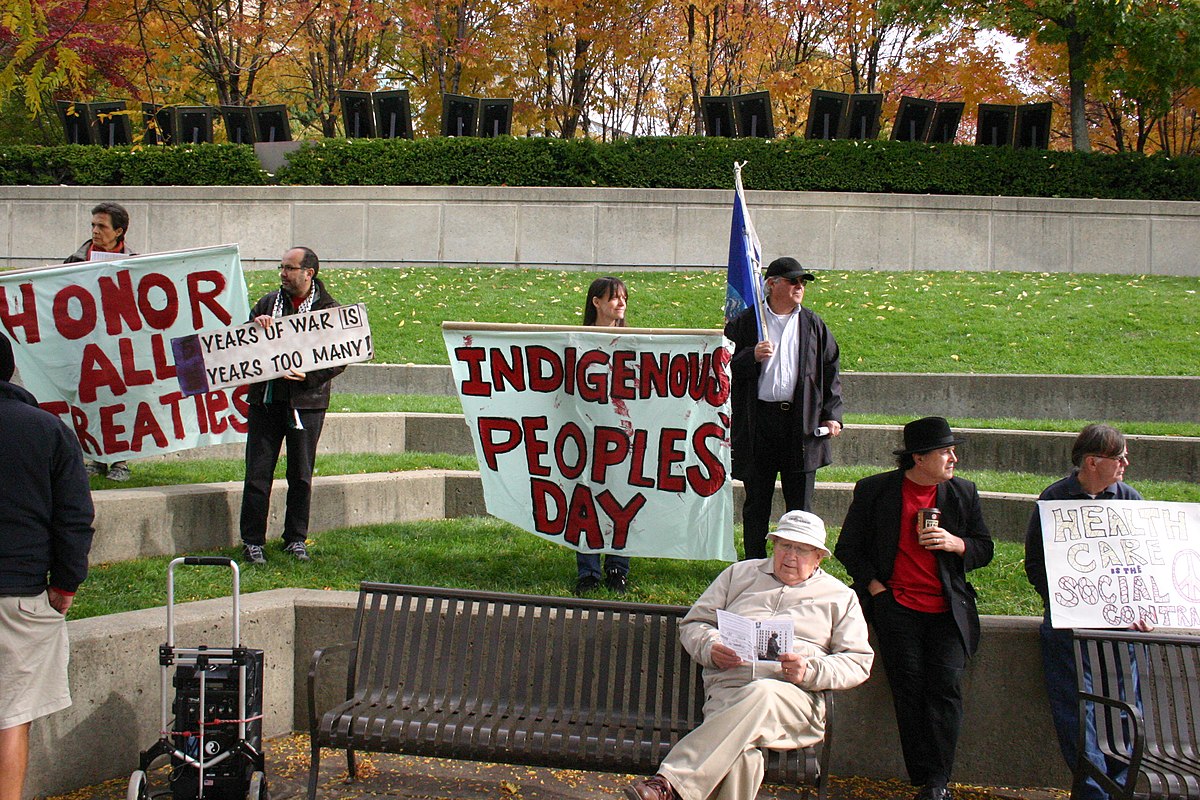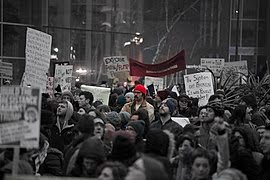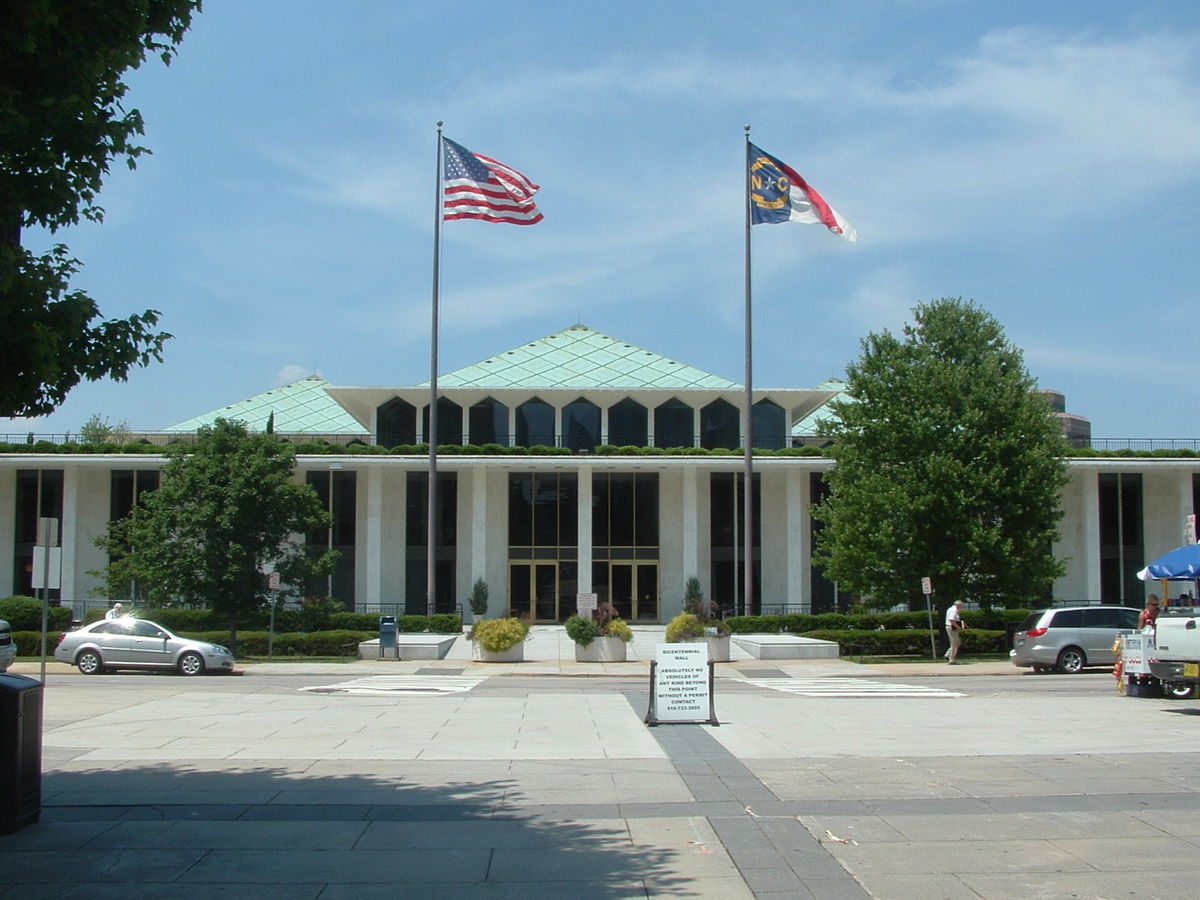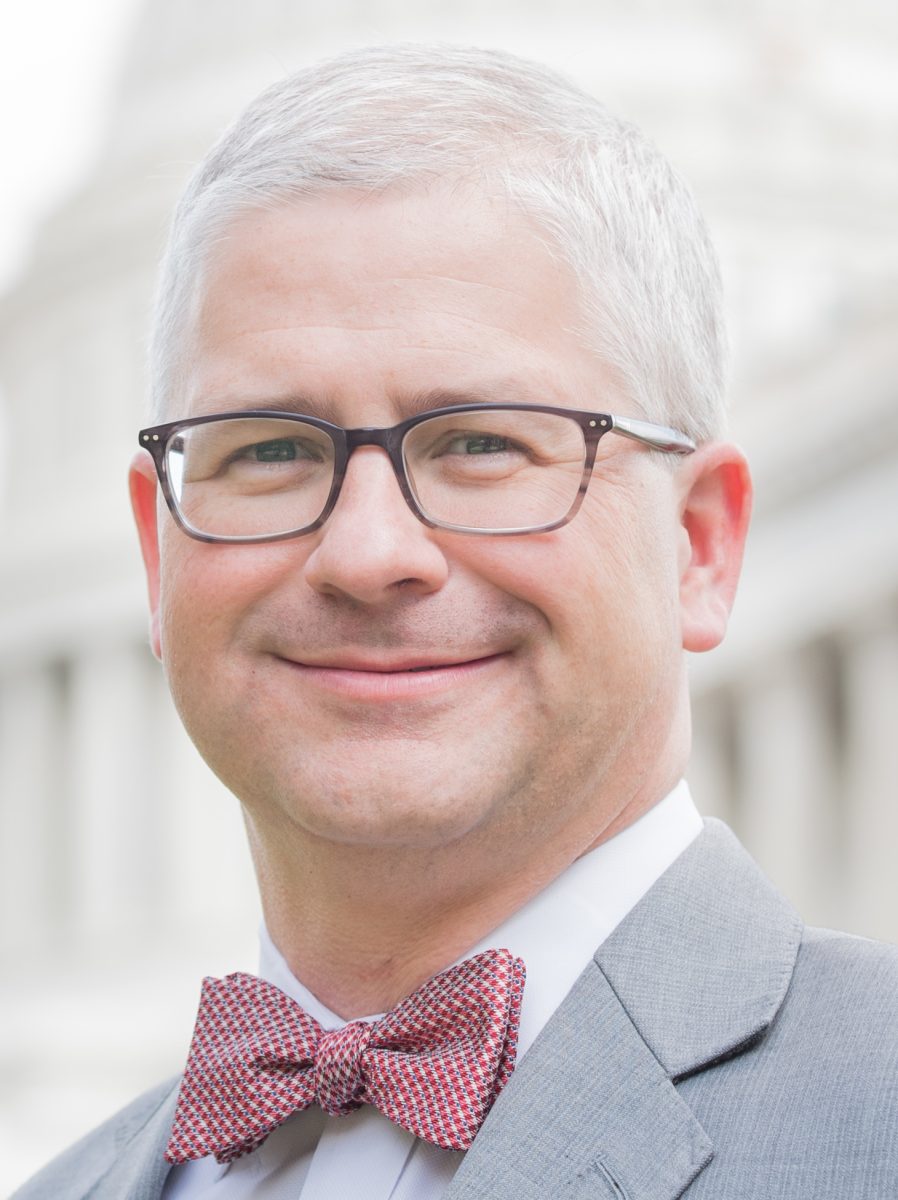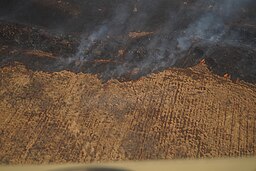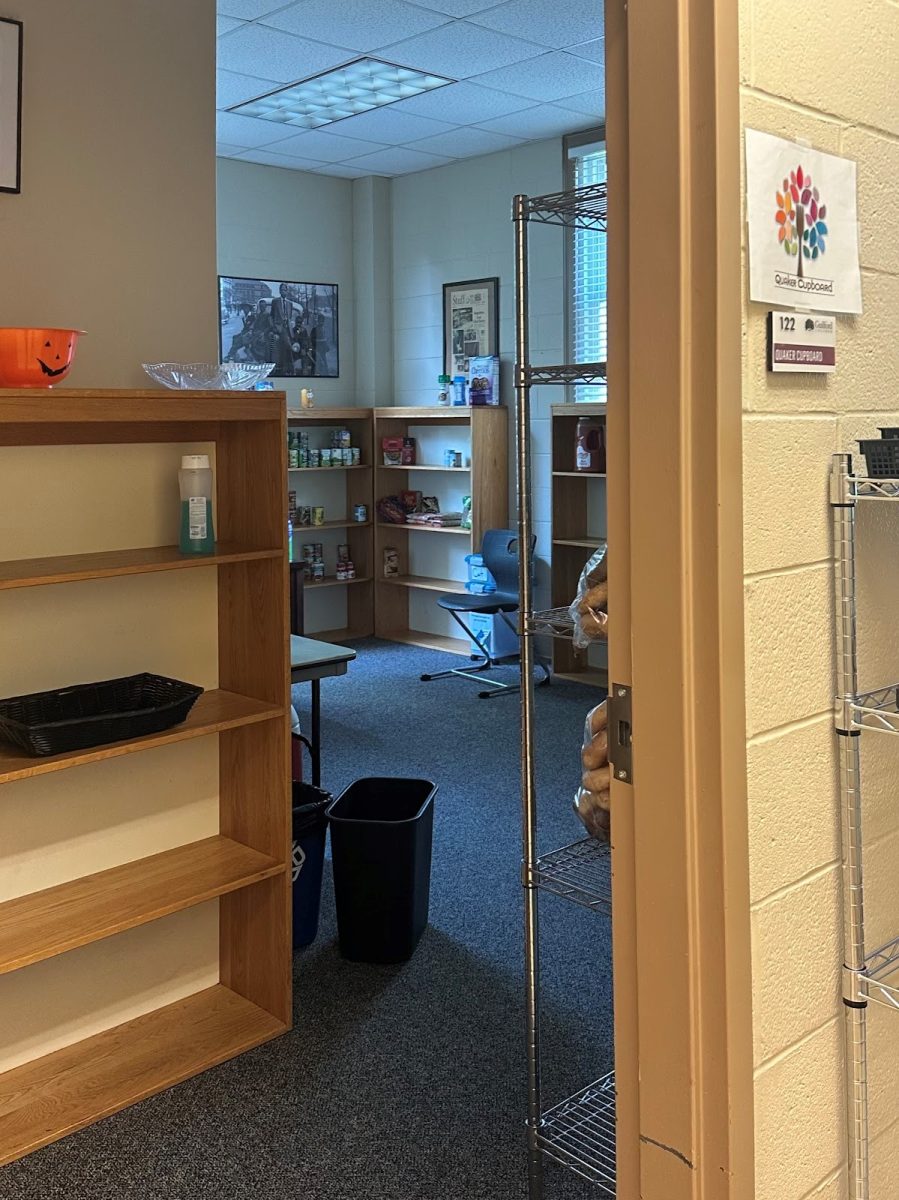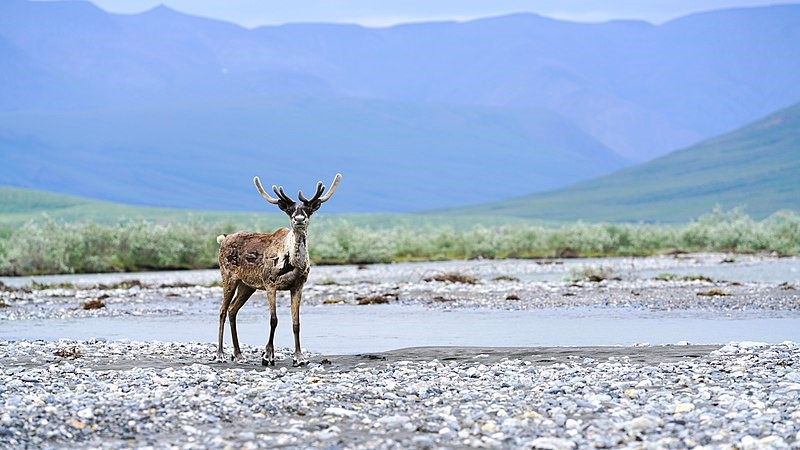North America was colonized hundreds of years ago, and yet it took until 2021 for the Indigenous peoples who have always lived here to receive federal recognition in the form of a day. Additionally, it’s still not a federal holiday.
As USA Today reported, on Oct. 9, the U.S. recognized Indigenous Peoples’ Day for the third time since the Biden administration proclaimed that it would occur alongside Columbus Day, a federal holiday, on the second Monday of each October. This decision continues to be seen as controversial by many Americans, as Columbus Day can be considered a reminder of the genocide and slavery that colonizers brought with them alongside their “discovery” of this country several centuries ago. Some support Columbus Day as a celebration of his 1492 landfall, and others see it as a symbol of their Italian heritage.
While you may have found Indigenous Peoples’ Day listed on your calendars this Oct. 9, it was most likely placed underneath Columbus Day, and still missing from others. This reveals the difficult truth that the gesture is an afterthought, revealing a persisting reluctance to address the colonial past of our country.
While controversy does currently surround the true significance of Columbus Day, this is not a new conversation. The holiday does not necessarily have inherently “negative” roots, either.
“Modern Columbus Day celebrations in the United States date back to the 19th century,” said Tom Guthrie, professor of Sociology and Anthropology at Guilford. “They were promoted by Italian Americans who faced racial, religious and cultural discrimination and wanted to improve their social standing.
“Columbus became a hero in that context, not so much because of his deeds or misdeeds during his lifetime,” Guthrie said.
Guthrie also shared that there has been a movement to replace Columbus Day with Indigenous Peoples’ Day since the 1990’s. According to him, this movement began allowing Indigenous groups to share their perspectives to larger audiences, fueling the debate that continues today over whether Columbus was a “hero or a villain.”
“Personally, I’m not interested in celebrating Columbus, who accidentally reached the Bahamas in 1492,” Guthrie said. “But I’m also wary of villainizing Columbus because I think turning him into a ‘bad guy’ potentially deflects critical attention away from all the other people and systems that have played a role in more than five hundred years of colonization.”
This justification about why Americans have celebrated Columbus Day for so long does not, however, undermine the silencing effect that this can have on Indigenous groups.
There is a long lasting myth that Indigenous groups in America have “vanished” or are a “thing of the past.” This is the complete opposite of the truth, and these myths have lasted so long due to an extensive history of oppression against Native Americans. They have been marginalized and forced to live in poverty on reservations, excluded from dominant narratives of American identity.
“One day a year is clearly insufficient for undoing five centuries of colonial domination,” Guthrie said. “And while there are reasons to celebrate Indigenous peoples, we also need opportunities to mourn, reflect, question, learn, repair, distribute and much more.”
According to an article from Pew Research Center, several states including Alaska and Texas now have designated holidays for Indigenous peoples in place of Columbus day, with some such as New Mexico even having official paid ones.
While these efforts are not enough to make up for all the wrongdoings Indigenous groups have faced, they can certainly help develop better platforms for their voices to be heard. How will you help contribute to these conversations?

